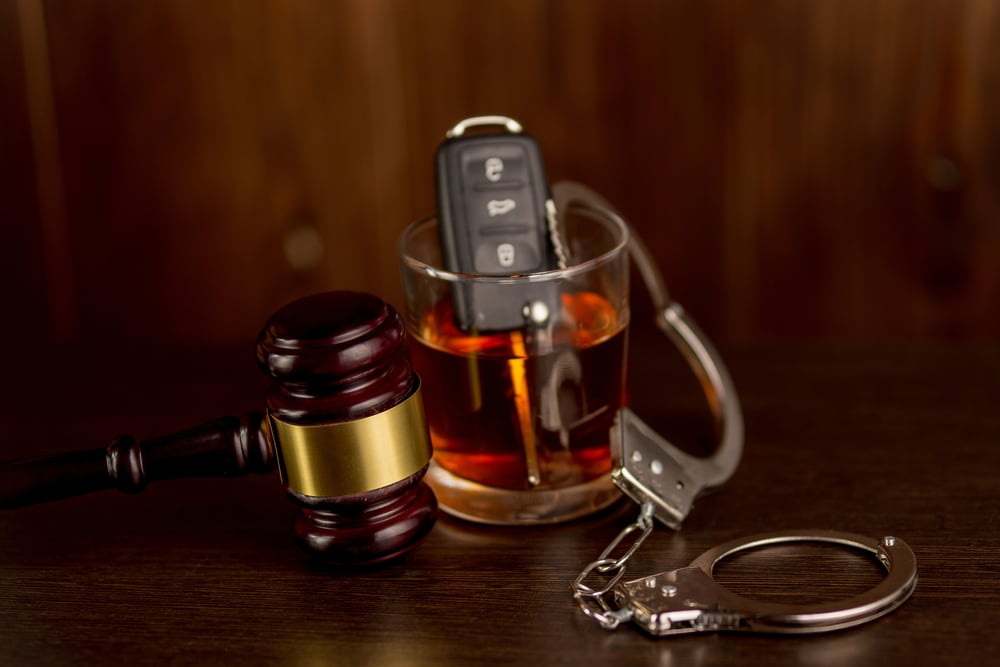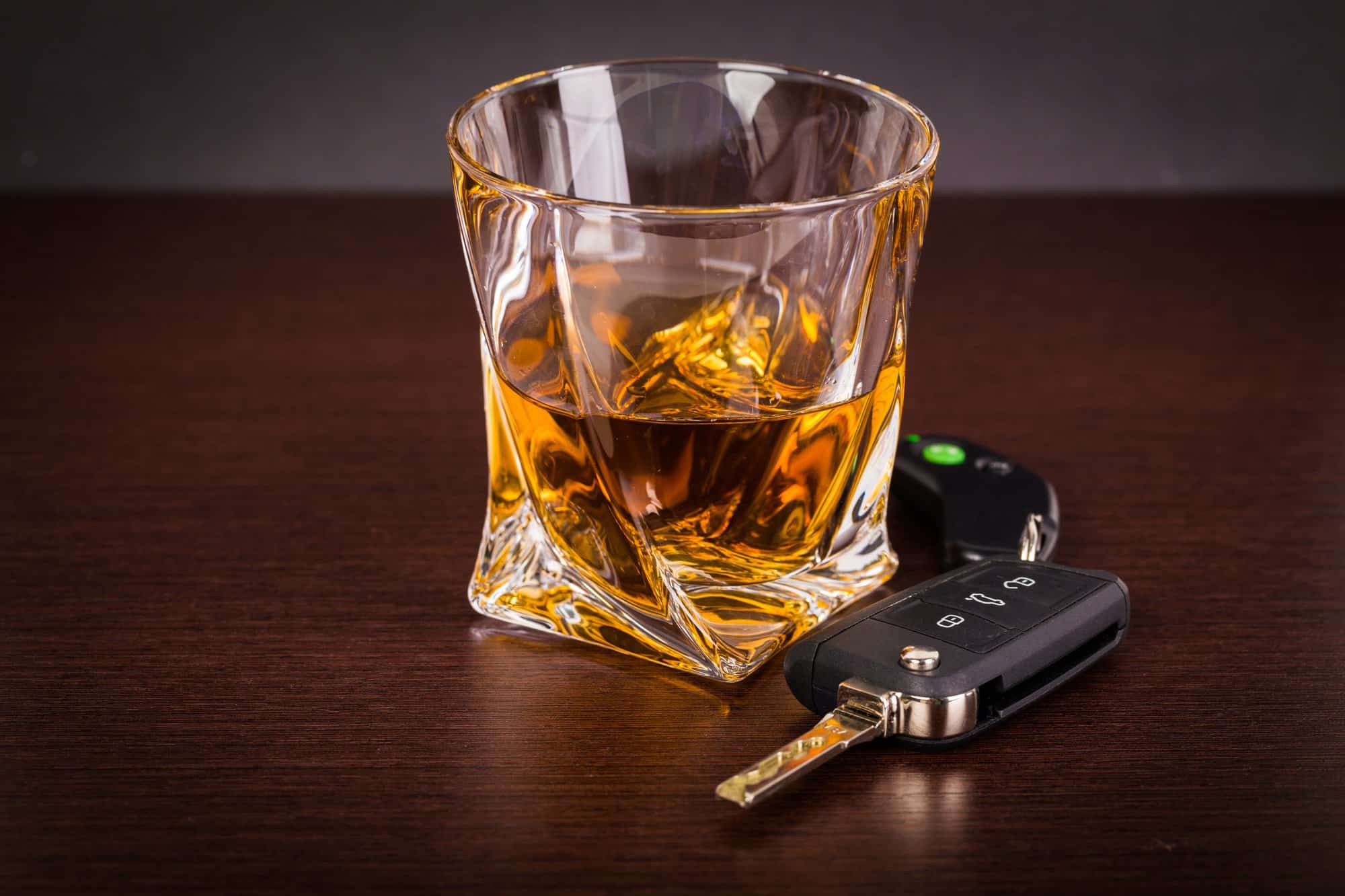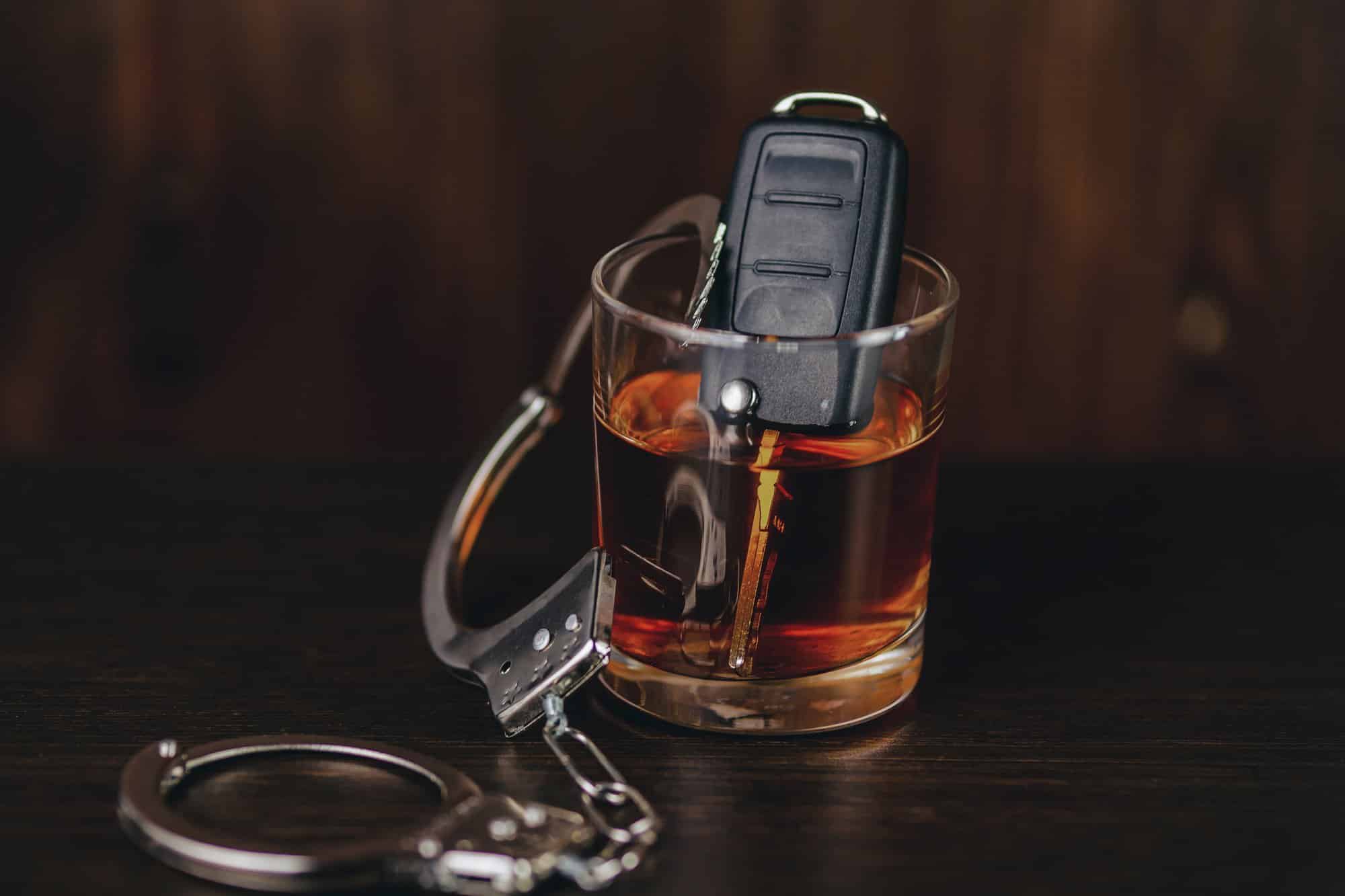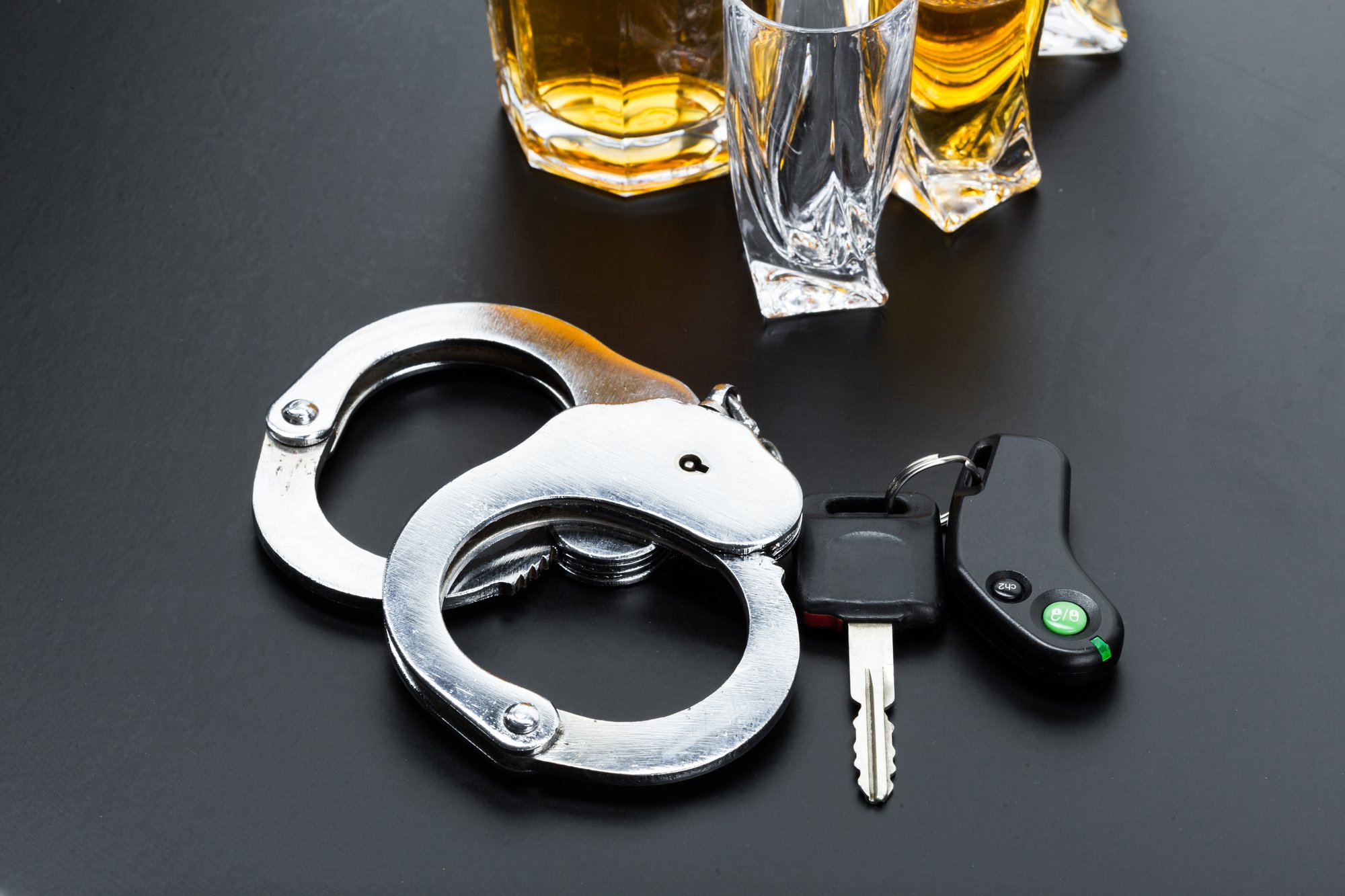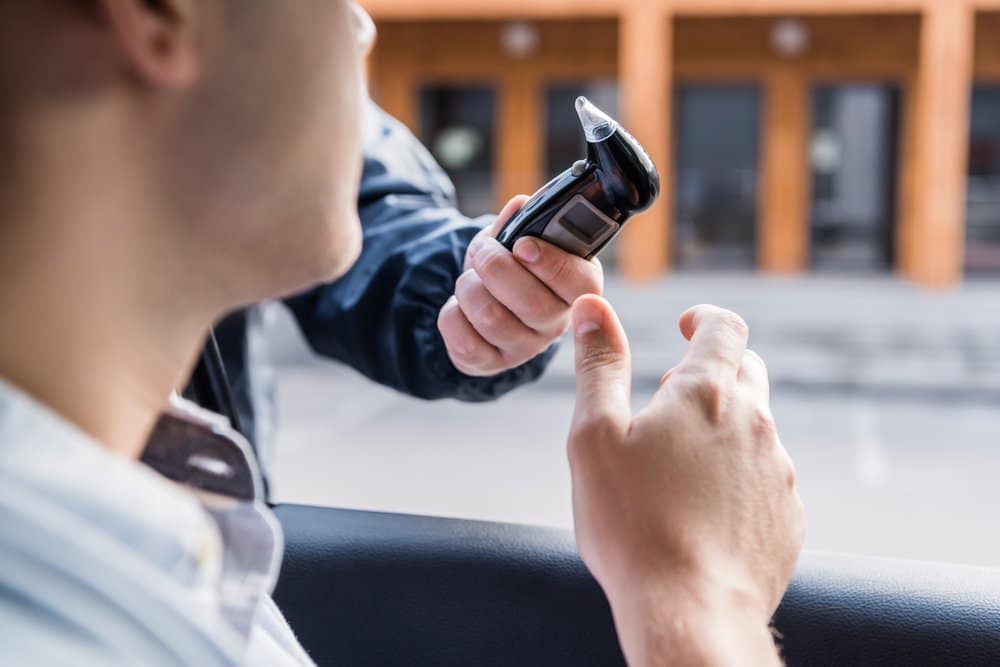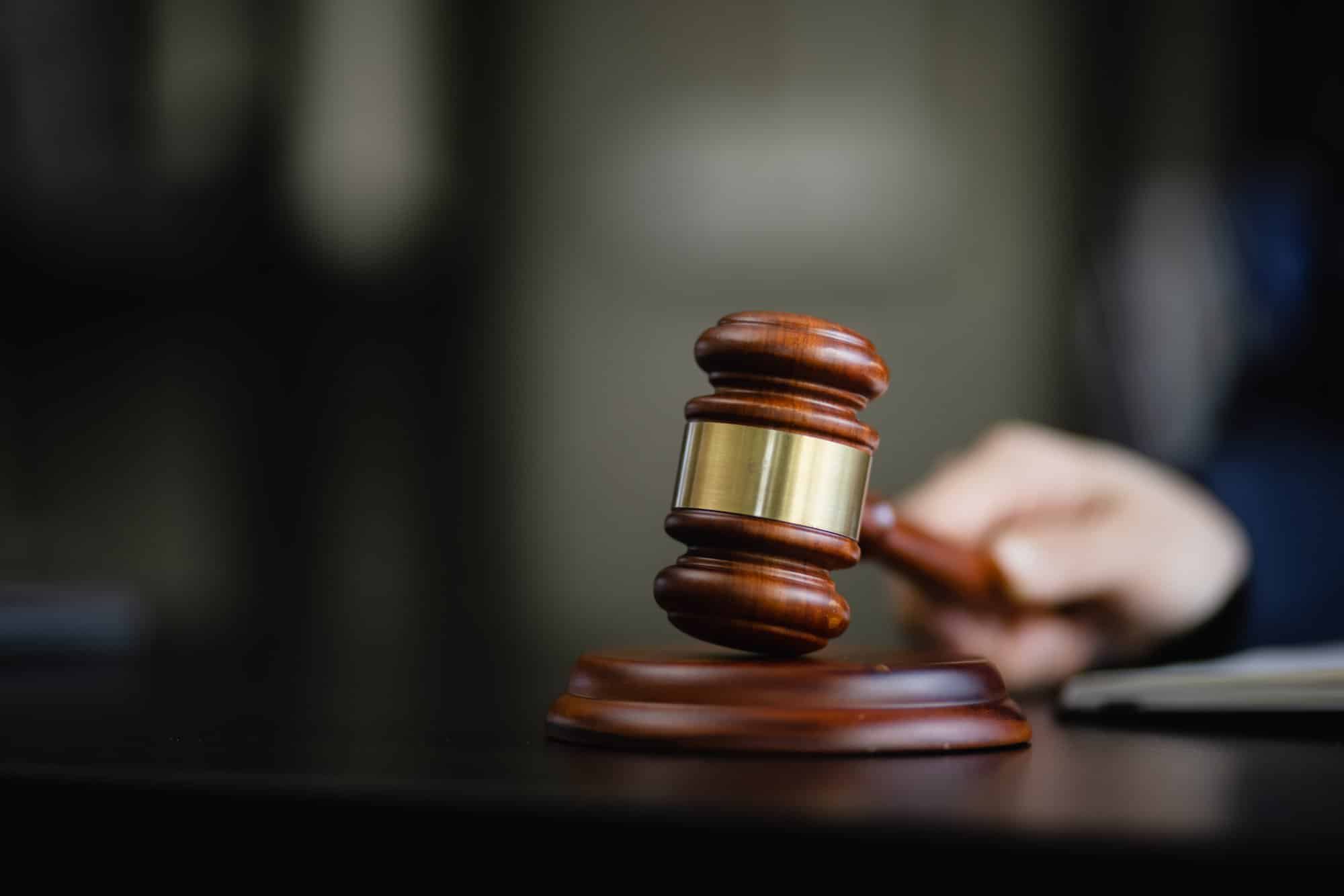A DWI is a serious criminal offense in New York that can come with life-changing penalties. If you’ve been charged with driving while under the influence of alcohol, it’s crucial to have an experienced DWI attorney who can fight the charges on your behalf. A skilled DWI attorney will be able to assess the weight of the evidence against you and work to build a solid defense for the best possible outcome.
While the defense strategy used can depend upon the facts and circumstances of your case, the following are five common legal defenses to DWI charges in New York:
- No Probable Cause
If a police officer did not have probable cause that you committed a crime, the evidence obtained against you may be inadmissible in court. Specifically, the law defines probable cause as the reasonable belief that a crime was committed or is underway. Probable cause can be based on swerving or weaving between lanes, driving below the minimum speed limit, or other erratic driving behavior. While an officer has wide discretion in determining whether a DWI stop is appropriate, a DWI charge may be flawed if the officer did not have probable cause to make the arrest.
- Miranda Rights Violations
If you were not read your Miranda Warning prior to custodial interrogation, a DWI defense attorney can make a motion to suppress any statements obtained after your rights were violated. Your case won’t be thrown out based on a Miranda rights violation alone. But if you made any incriminating statements or admitted guilt, these statements could be excluded if your rights were not read. In the event the prosecution is relying heavily on your statements, the charges against you might be dropped for lack of evidence.
- Malfunctioning or Defective Testing Equipment
One of the most common DWI defenses is based on challenging the reliability or accuracy of the testing equipment. For instance, if a breathalyzer was not properly calibrated or stored, the results might be faulty. In addition, if the person administering the test did not have proper training, there may have been opportunities for error. An attorney will know how to call the results of a breathalyzer or other chemical testing into question.
- Challenging the Officer’s Testimony
A DWI attorney may try to demonstrate that the police officer made a mistake in determining that you were intoxicated as part of your defense strategy. If the prosecution is relying primarily on a police officer’s observations, a knowledgeable DWI attorney can challenge their testimony. For example, the attorney may cross-examine the officer regarding what they observed concerning the alleged impairment and attempt to establish that they rushed to make a judgment — or their opinion regarding your intoxication was predetermined.
- Alternative Reasons for Appearing Intoxicated
A common defense used in DWI cases is establishing an alternative reason as to why you appeared intoxicated. Certain medical conditions may make a person appear intoxicated when they are not. Additionally, even if you took a breath test, the results can be challenged if you were taking specific medications or had a health condition which could skew the results.
Contact an Experienced New York DWI Attorney
If you have been charged with a DWI, it’s crucial to have a criminal defense attorney by your side who can protect your Constitutional rights and fight the charges against you. The DWI attorneys at D’Emilia Law offer high-quality legal services and adept advocacy for those who have been charged with DWIs and are committed to obtaining the best possible results in each client’s case. To schedule a consultation, contact us at 1-888-DEMILIA.

